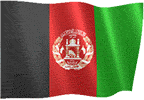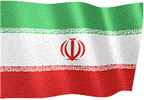How did one of the world’s poorest countries defeat Covid?
As countries around the world are grappling with the coronavirus outbreak, Haiti, one of the world’s poorest countries, has managed to maintain a lower death rate. The country has so far recorded 13,656 Covid-19 positive cases with only 260 deaths since the pandemic took hold early last year. Haiti, which often struggles with infectious disease, has a Covid-19 death rate of just 22 per million, one of the lowest in the world. Read rest of the news in the link below: click here















